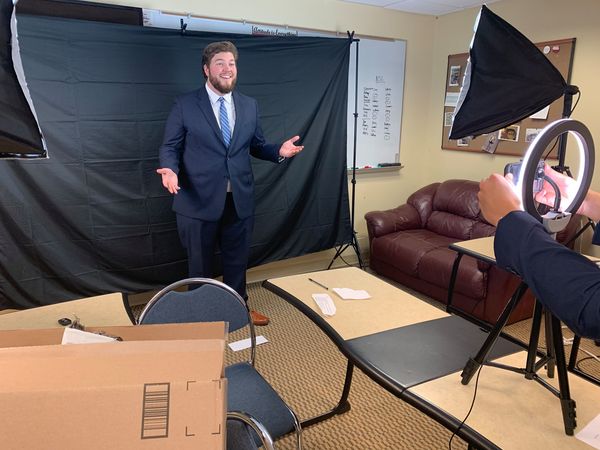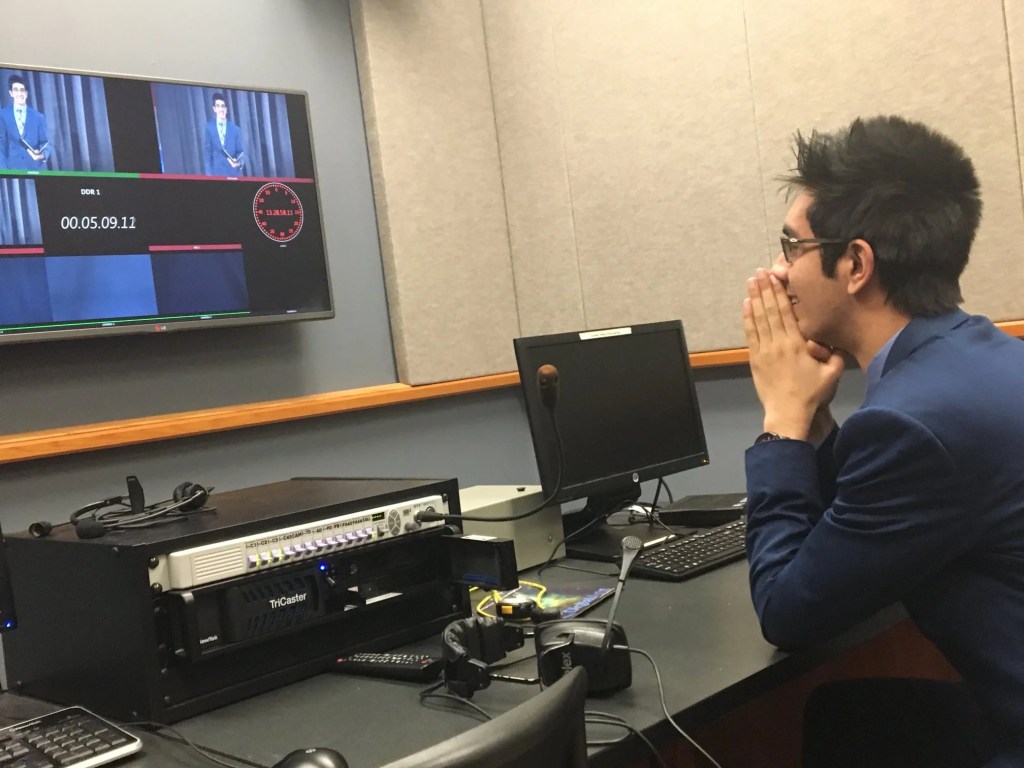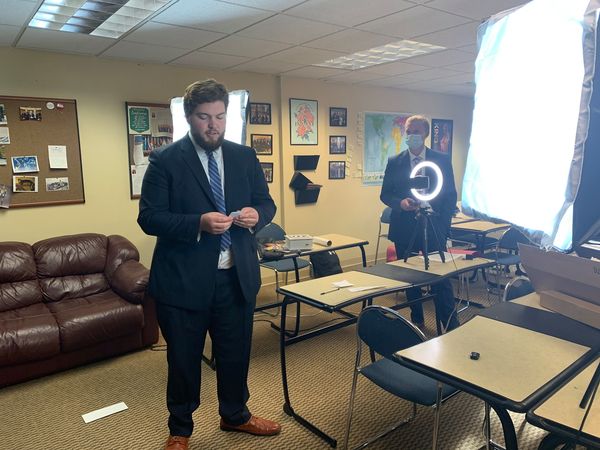Experts ponder debate format, changes ahead of dueling presidential town halls
INDIANAPOLIS (WISH) — On Thursday, President Donald Trump and Democrat nominee Joe Biden will hold competing town hall meetings rather than the second presidential debate. The two town halls are at the same time, but in different cities and on different networks.
The candidates were supposed to debate, however, a format change led President Trump to pull out. He declined to participate in a virtual format prompted by his case of COVID-19.
These debates are supposed to be for undecided voters. News 8 looked into the idea of modifying the style of future debates and took the question to some local experts. Local debate experts said without some sort of change, it is the voters who are losing out.
No one can forget the back and forth bickering from the first presidential debate on Sept. 29, 2020.

“I think there was a collective display of… well that happened, after the debate,” said Stephanie Wideman, an assistant professor of communications at the University of Indianapolis.
Wideman is also the Director of the Forensics Speech and Debate Team at the University of Indianapolis and said presidential debates are about precedent, format, and personal responsibility.
“To some degree, you can say yes personal responsibility is important. Getting their message across is important. But, debate format and structure can go a long way toward promoting more civil discussion,” said Wideman.
The last debate may not have been civil, however, its format was typical. Since the 1960’s a candidate is asked a question, they get two minutes to respond, then the opponent can rebuttal. The October, 15th debate would have been the more recent town hall format, where the voters ask the questions.
“To answer said question, they are having to look in the faces of their constituents. So that type of immediacy and feedback is really essential I think to building authenticity from the candidates with the people they are asking to vote for them,” said Wideman.
The candidates will still have their own town halls on Thursday night. However, without an opponent, debate experts said it becomes more of a one-side political platform.
Still, with COVID-19, there are complications and now a debate over virtual debates.
“Whether there is a will rather than if there is a way,” said Wideman. “I mean my team and the debate community as a whole, at least in the collegiate world, we have gone virtual starting from the beginning of the school year to much success.”
“I kind of wish we had a virtual debate because that is what I am teaching and doing,” said Janis Crawford, a professor of Communications and Media Studies at Butler University. Crawford also coaches the Butler speech and debate team.
-

(Provided Photo/Butler Universty debate team)
“I think it would have been possible because you could have Zoom called all of those people. They could have been all on and they could have taken turns asking questions, with the moderator. And the candidates could have answered virtually. I absolutely think it could have worked,” said Crawford.
Debate experts said whether a debate is virtual or in-person, a change in format might be necessary. They suggest a countdown clock running behind the candidates, or giving the moderator a flag so they can signal a stopping point. The simplest change suggested is for the moderator to have the ability to shut off the candidate’s microphone.
“I think you need a moderator that can control the debate and if that means turning off those microphones, then that has to happen,” said Crawford.

But what about answer length? There is a discussion about whether two minutes enough time for candidates to fully lay out their platforms.
“One inherent limitation from a debate is you’re asking someone to answer a question that affects 300 million people in two minutes, right? That is really kind of impossible,” said Wideman. “But we can’t really go back to the days of the Lincoln-Douglas debates when those debates went on for six hours. We just don’t have the bandwidth for that now.”
So for now, voters get 90 minutes to hear from the candidates. However, in an ever-changing world, there is little debate over this.
“We do have a lot of evidence that debates are effective,” said Wideman. “So it will matter the closer that it gets, possibly to the actual election day. But either way, it is going to be important that people are able to hear from their representatives.”
The next presidential debate scheduled for Oct., 22. The Commission on Presidential Debates said as of now, both candidates have agreed to participate. However, the final format is still unclear.


